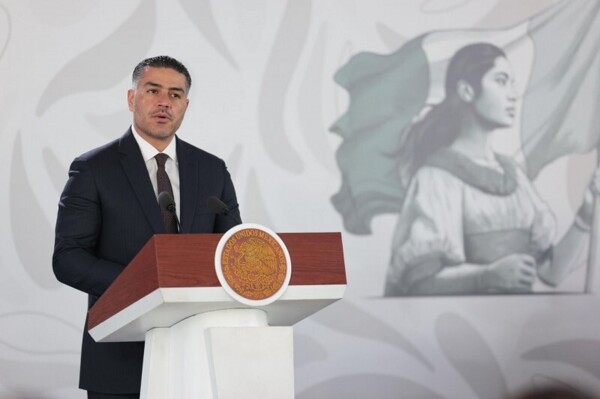
The president of the Mexican Association of Pulmonary Hypertension (HAP Mexico), Paula Cabral, emphasized the importance of early diagnosis by stating that it can be the difference between life and death for patients. Cabral highlighted that the journey in the healthcare system for people with this condition is long and challenging, pointing out various physical, emotional, and economic barriers they must face, such as fatigue, shortness of breath, chest pain, social isolation, anxiety, high treatment costs, and loss of autonomy.
Despite the challenges, there have been significant advances in addressing pulmonary hypertension. Since 2018, the active participation of patient organizations has promoted changes in public policies, visibility of the disorder, and innovation in more effective and personalized treatments. Karla Navarrete, a patient diagnosed with PH, mentioned that listening to those living with the disease is essential to improve their care, emphasizing that it is about accompanying a life that experiences significant changes.
On the occasion of World and National Pulmonary Hypertension Awareness Day, various patient associations, specialist doctors, and legislators have urged health authorities to ensure timely access to diagnosis, treatment, and comprehensive follow-up for people living with this rare, chronic, and potentially fatal disease. Pulmonary Hypertension is a condition that causes an abnormal increase in blood pressure in the pulmonary arteries, severely affecting cardiac and pulmonary function.
Dr. Nayeli Zayas Hernández, head of Cardioneumology at the National Institute of Cardiology 'Ignacio Chávez', warned that without treatment, the median survival of patients is only 2.8 years after diagnosis. In Mexico, approximately 4,000 people live with PH, although the global prevalence is estimated to be higher due to underdiagnosis. The disease is often confused with other respiratory or cardiac disorders, making its identification difficult and worsening the prognosis, especially in women aged between 20 and 40 years.
During the Legislative Forum on Pulmonary Hypertension Awareness, a call was made to the Ministry of Health to mandatorily implement the Technical Protocol for Pulmonary Arterial Hypertension, supported by the General Health Council, with clear care guidelines for patients with PH. The importance of implementing this protocol to provide adequate and timely care to those living with this condition was emphasized.













